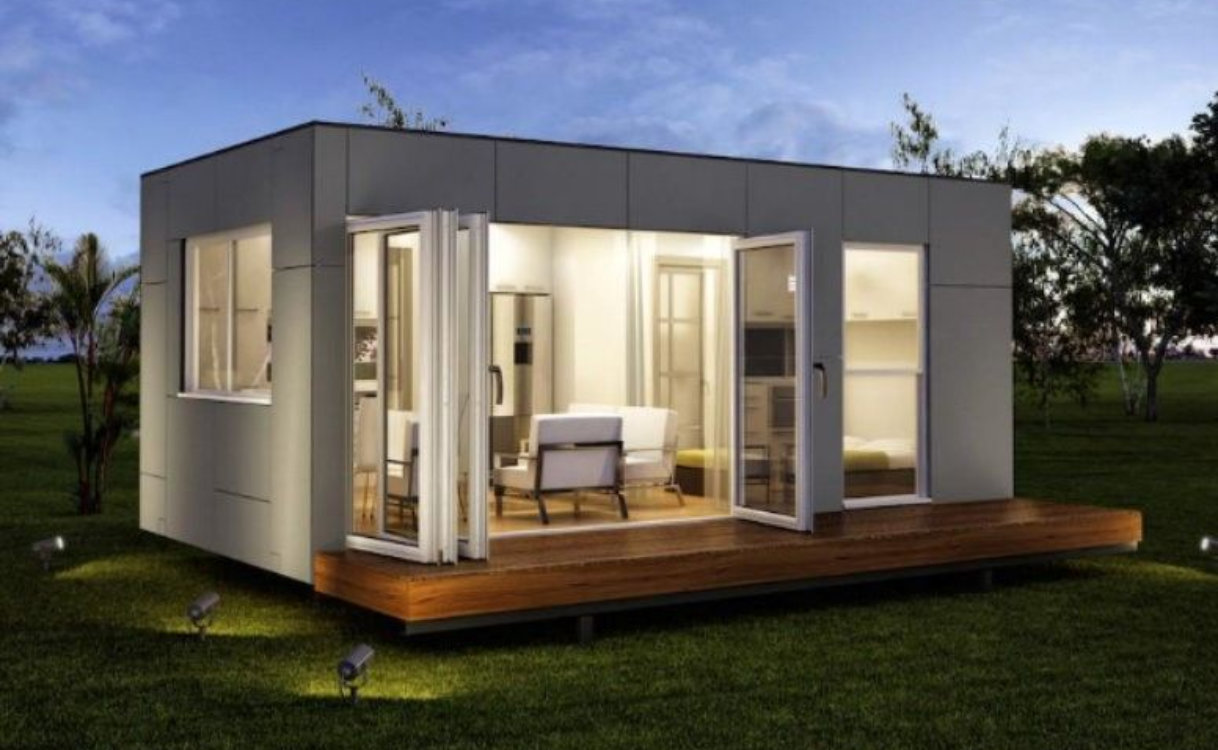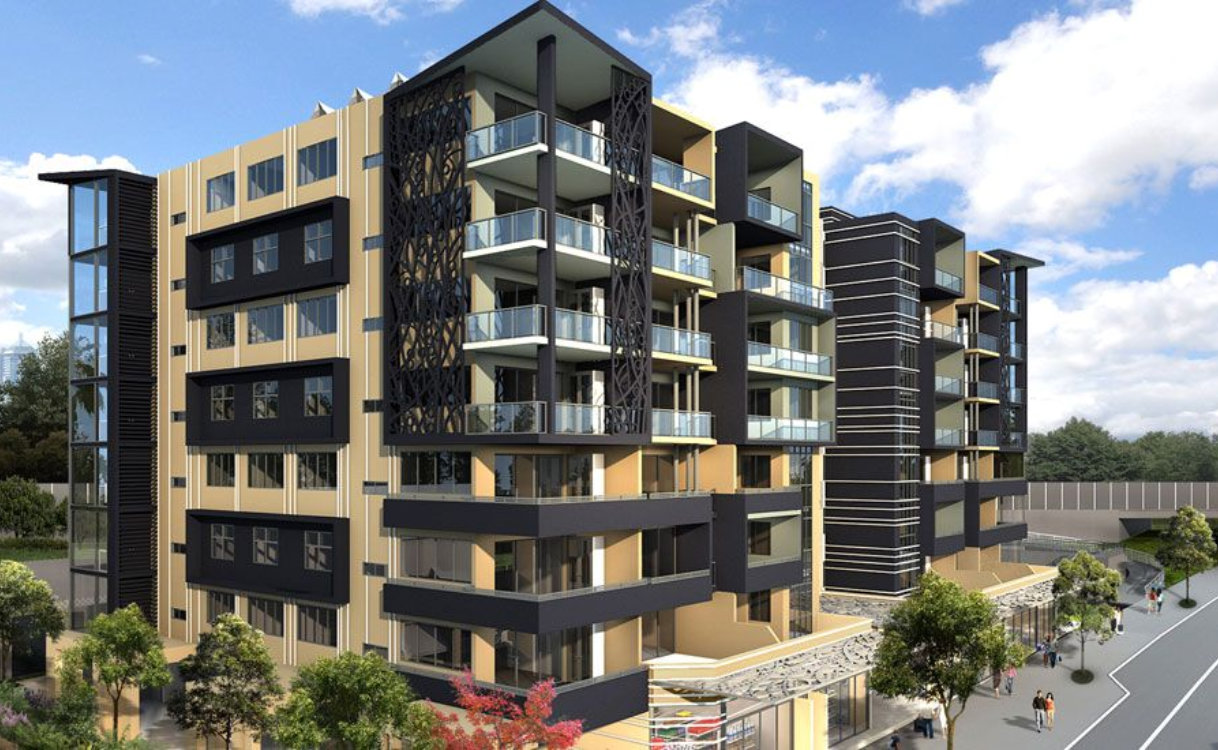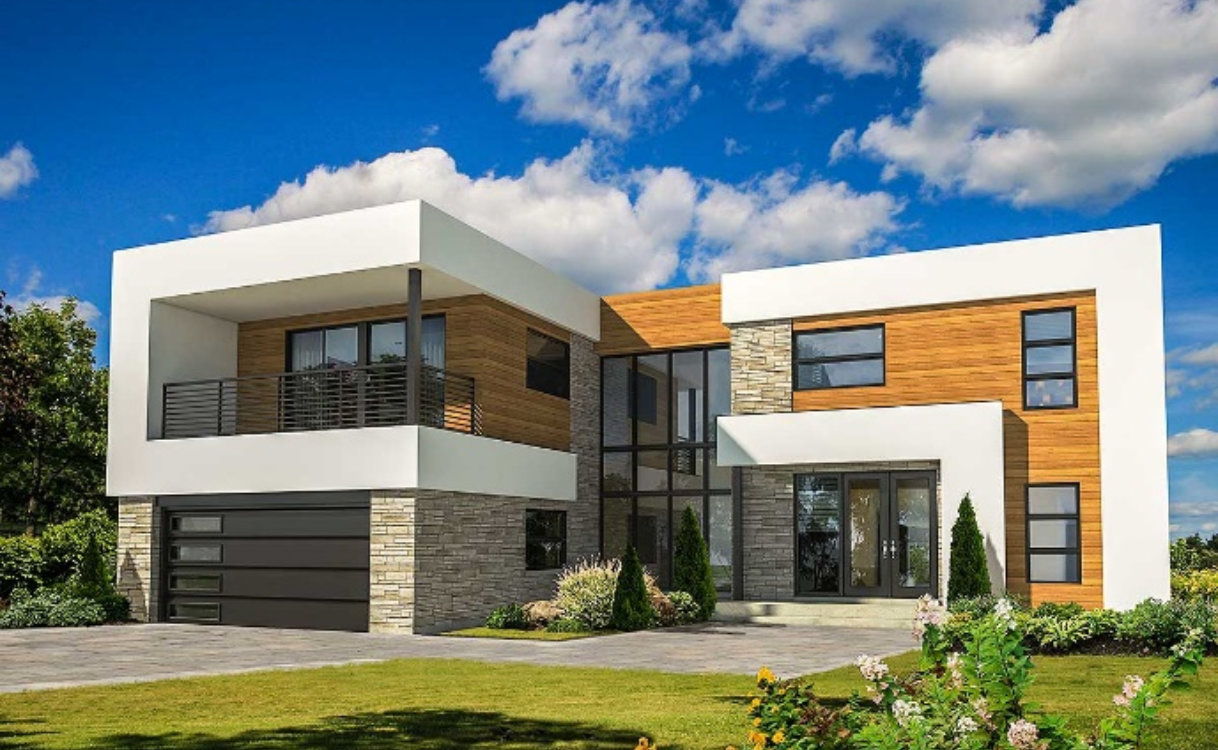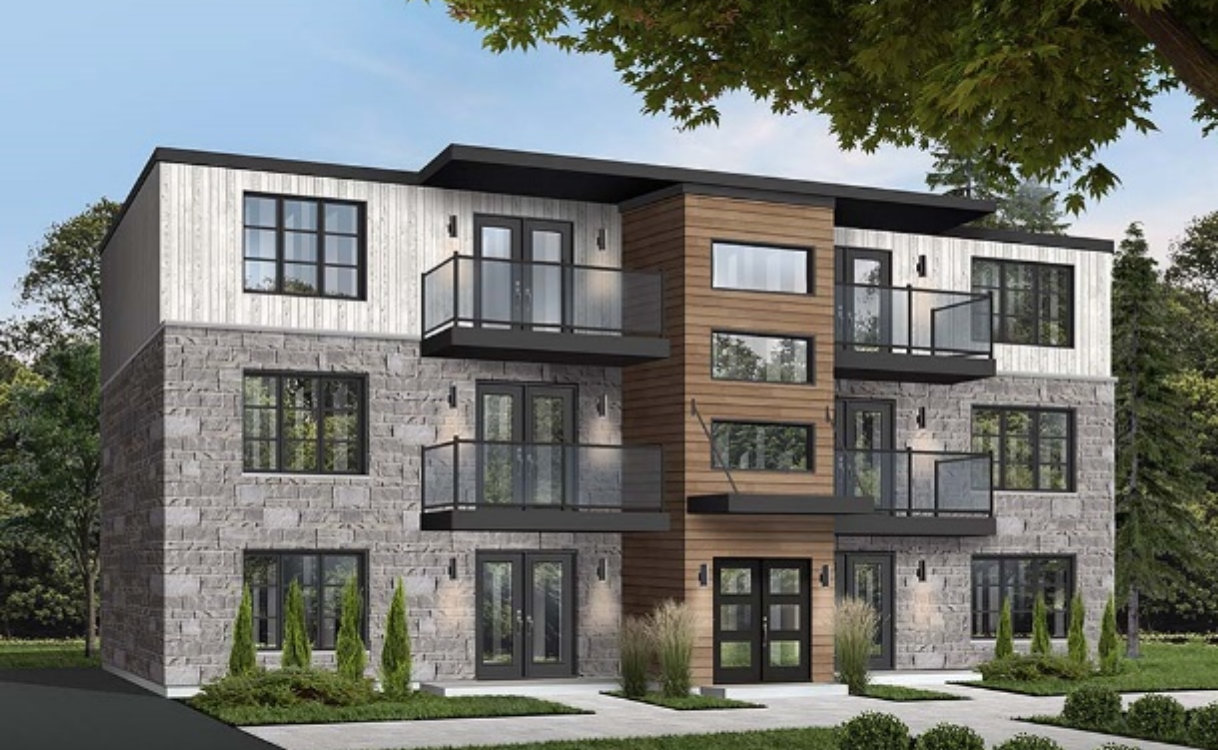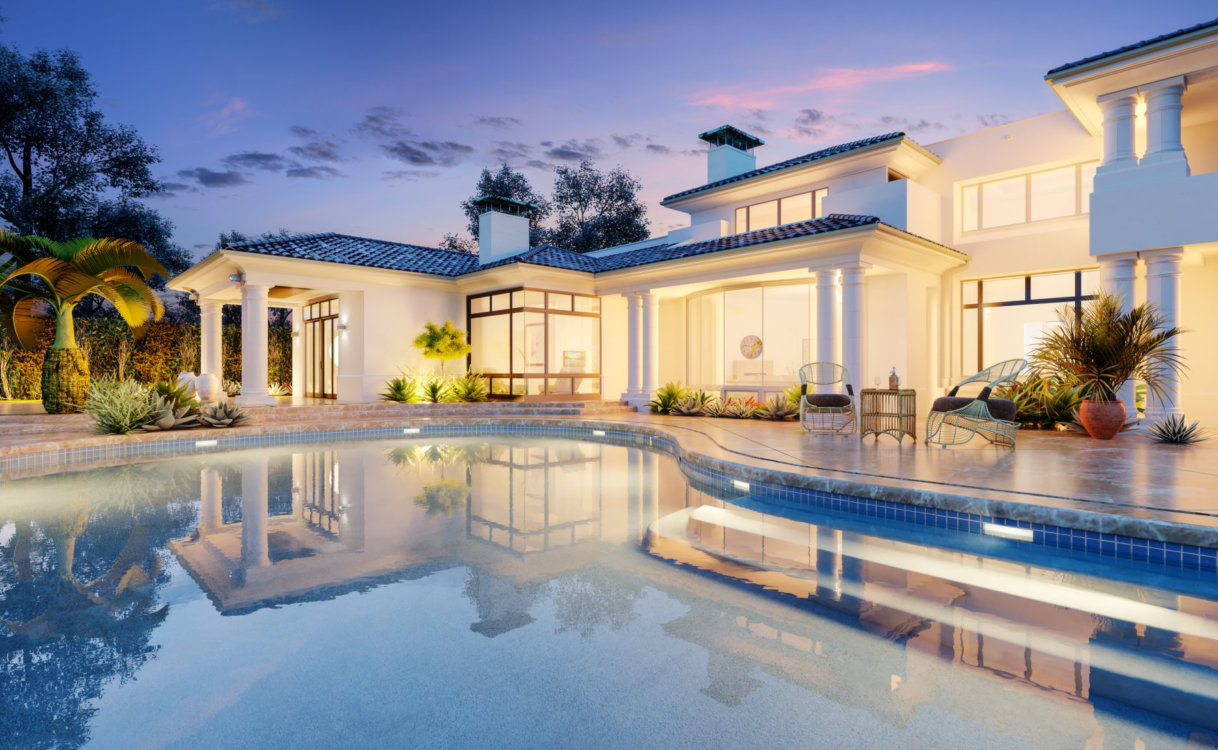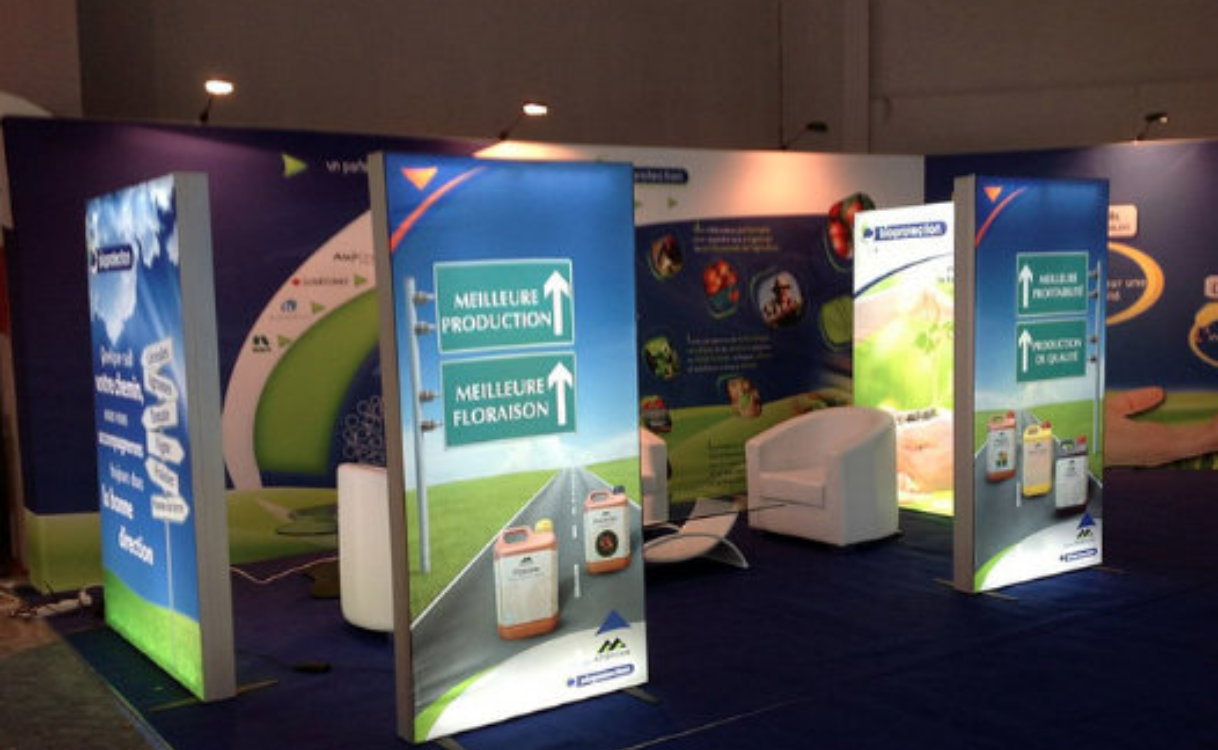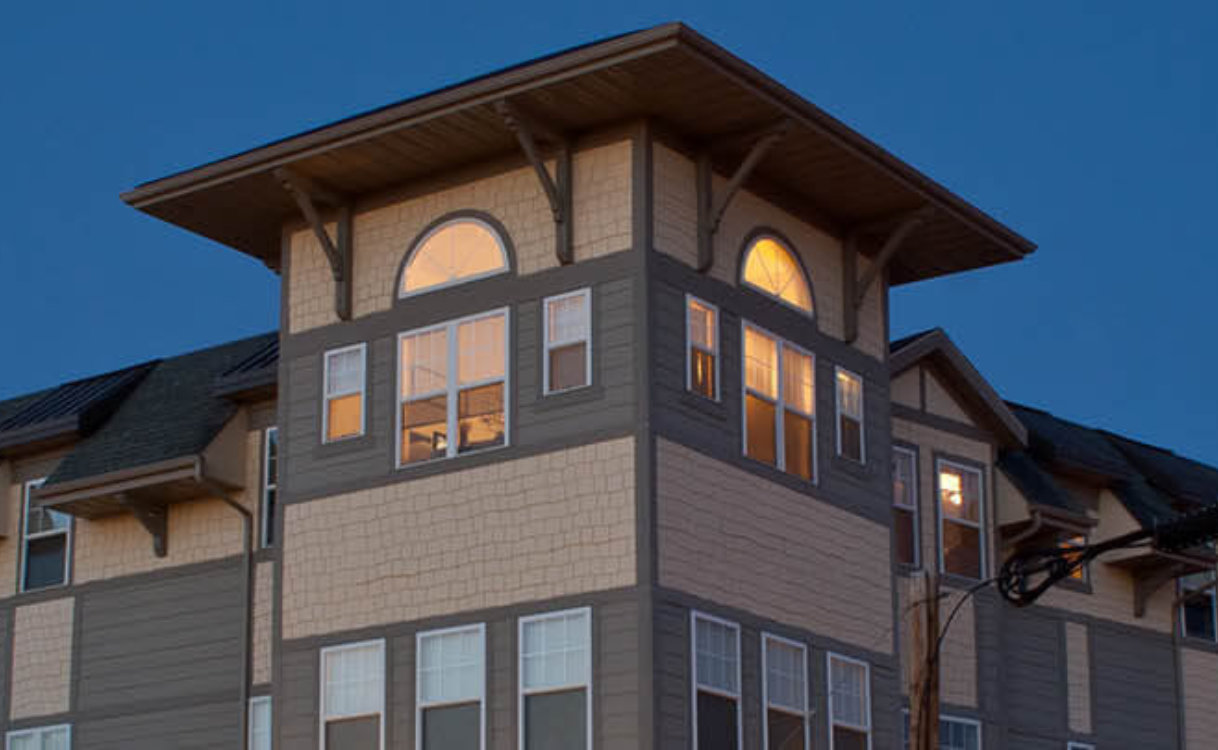Residential and Commercial Buildings from SIP Materials
Structural Insulated Panels (SIPs)
Structural Insulated Panels (SIPs) are one of the most airtight and well insulated building systems available, making them an inherently green product. An airtight SIP building will use less energy to heat and cool, allow for better control over indoor environment conditions, and reduce constructions waste.
The construction and operation of building has a significant impact on the environment. Buildings account for 39% of total U.S. energy consumption and 38% of carbon dioxide emissions
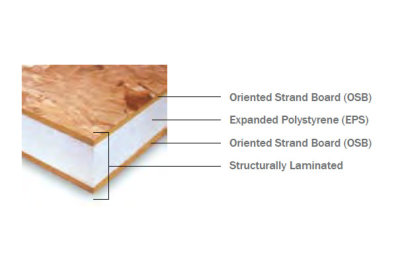
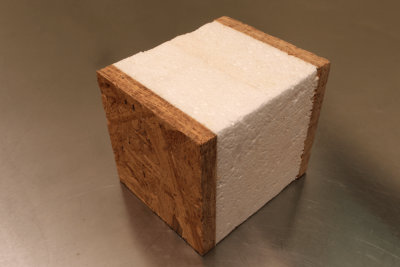
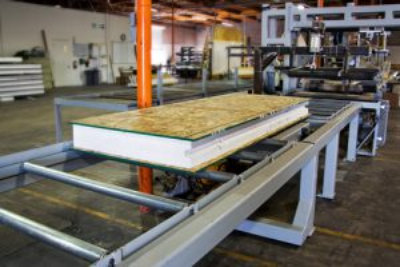
Structural Insulated Panels vs. Traditional Framing
Structures built with SIPs perform above and beyond traditionally built buildings in numerous ways:
- SIP structures are significantly more energy efficient than stick built/fiberglass insulation structures.
- SIP buildings are stronger than stick built structures. Exhaustive laboratory testing has found them to be superior in both sheer resistance and tensile strength.
- SIP buildings are frequently found to be the only structures left standing after earthquakes, hurricanes, and tornadoes.
- SIP homes and buildings are significantly quieter than traditionally built structures. Studies have shown that a quieter home or office is a healthier place to be.
- SIP structures have reduced air infiltration. When ventilated properly, a SIP structure has superior indoor air quality when compared with other traditional building methods.
- SIP buildings can be erected significantly faster. No other structural framing or insulating is necessary.
- SIP installation produces significantly less job site waste then traditional building materials.
- Most of the small amount of waste that is produced can be recycled.
- Building with SIPs is a sound financial investment. When you factor in labor, waste hauling, and energy savings, SIP structures are comparable to traditionally built homes.
- In addition, energy efficient SIP homes often have a higher value on the real estate market and often qualify for energy efficient mortgages.
- SIP walls minimize thermal bridging





